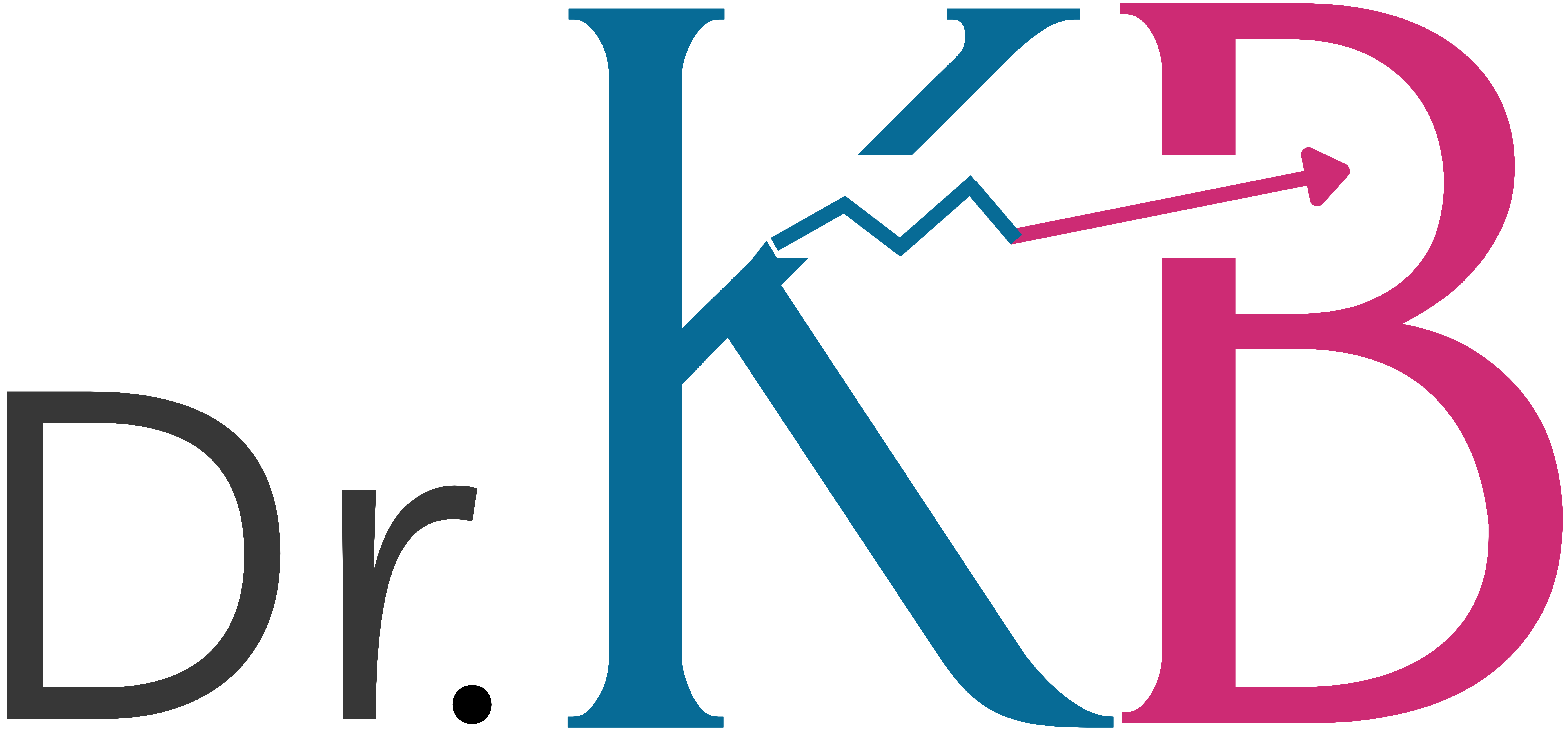Interrupt stress and restore balance
/ Blog
How do you respond to stress? Maybe you feel excessive fatigue or body pain? Maybe you get caught in unpleasant emotional states? Maybe your sleep is disturbed?
Our stress responses are activated for good reasons like survival, moving us into action, and preventing excessive optimism. However, when our bodies are in survival mode, the thriving or renewal system is suppressed. We tend to get caught up in “negative” emotional states†. The long terms effects of this imbalance include suppression of the immune system, insomnia, weight gain, skin disorders, and cardiovascular disease. µα
Have you noticed how negative emotional states tend to linger and have a greater impact‡ than positive ones? Think about the last time you were criticized. How long did that stay with you compared to receiving a compliment? It’s easier for us to report on what is lacking in our lives, than to be grateful for our blessings.
Therefore, it’s important for our health and wellbeing to purposefully interject moments that can activate our renewal system. Even brief bursts during the day can help clear stress hormones and restore balance.
This does not mean that we push away challenging emotions. There are times we must attend to them with care.
Here are some strategies to interrupt the stress responseπ.
- Walk in nature
- Yoga or Tai chi
- Meditate- if you don’t have time to sit down, take two minutes to notice the breath, or the sensations under your feet as you walk across a room.
- Sit in prayer (to a loving God)
- Help others
- Play and laugh
- Stroke a pet animal.
- Feel hopeful about the future
- Engage in modest physical exercise,
- Recognize and appreciate the good. For example, consider a daily gratitude practice outlining three things you are grateful for and why.
- Connect to a loved one.
Which of these can you incorporate into your day to interrupt your stress response and activate your renewal system?
Sources:
† Boyatzis RE et al. The role of the positive emotional attractor in vision and shared vision: Toward effective leadership, relationships, and engagement.
µAntoni MH et al. The impact of psychosocial stress and stress management on immune responses in patients with cancer. Cancer 2019
αBacke EM et al. The role of psychosocial stress at work for the development of cardiovascular diseases. Systematic review.
‡ Baumeister RF et al. Bad is stronger than good.
π Richard E. Boyatzis PhD. The science of effective coaching. Seminar, Institute of coaching, March 26, 2020

